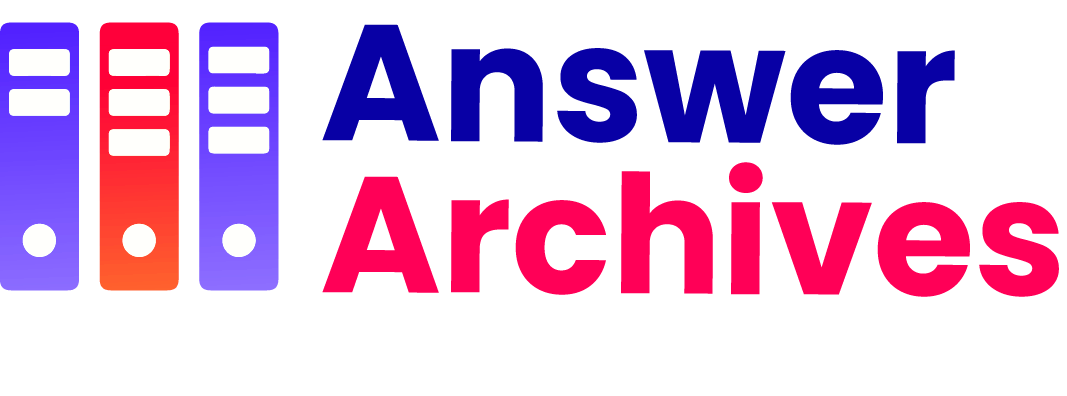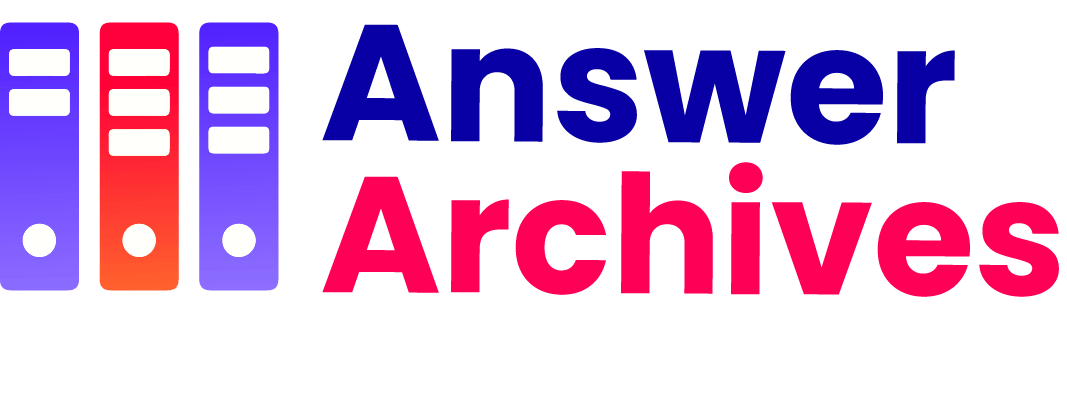Table of Contents
Navigating the ever-evolving landscape of modern marketing can be challenging yet rewarding. Digital horizons provide vast opportunities for businesses to connect with their audience. Here’s how you can steer your path to success in today’s digital market.
Understanding Digital Marketing Basics
Digital marketing is the act of promoting products or services through digital platforms. It encompasses various methods such as social media marketing, email marketing, content marketing, and search engine optimization (SEO). Understanding the basics involves recognizing the importance of these channels and how they interact. Social media helps businesses connect with a vast audience quickly, while SEO ensures that your website is easily found by search engines, increasing organic traffic. Email marketing remains a direct way to reach customers, and content marketing provides valuable information that can attract and retain a target audience. Each technique has its metrics to measure success, like click-through rates, engagement, and conversion rates, which helps in fine-tuning strategies.
Crafting a Digital Marketing Strategy
Creating a digital marketing strategy begins with setting clear, measurable goals. What do you want to achieve? Increased website traffic, higher sales, better engagement? Understand your target audience and their preferences. Researching competitors also provides insights into market trends and opportunities. After setting objectives, choose the appropriate digital channels. A comprehensive strategy might include social media campaigns to build brand awareness, coupled with SEO efforts to boost organic search rankings. Regularly analyzing data and adjusting your approach is critical. Use tools like Google Analytics to track website performance, and social media insights to understand audience behavior. Effective strategies are adaptable, evolving with new trends and technology.
Leveraging Social Media Platforms
Social media platforms are powerful tools for digital marketing. They allow businesses to engage directly with their audience, build brand loyalty, and increase visibility. Choosing the right platforms is crucial—different demographics prefer different networks. Facebook is excellent for a broad audience, Instagram appeals to younger users with a focus on visuals, and LinkedIn is perfect for B2B marketing. Creating content that resonates with your audience is essential. Use a mix of posts: informational, behind-the-scenes, customer testimonials, and engaging visuals. Paid advertisements on these platforms can further boost reach. Regular interactions, like responding to comments and messages, foster a sense of community.
The Importance of SEO in Digital Marketing
Search Engine Optimization (SEO) is vital for making your online presence visible. SEO involves optimizing website content to rank higher in search engine results. Higher rankings lead to increased organic traffic, which translates to more potential customers. Key components of SEO include keyword research, on-page SEO, off-page SEO, and technical SEO. Keyword research identifies the terms your audience is searching for, informing content creation. On-page SEO focuses on optimizing individual web pages, while off-page SEO involves building backlinks from other sites. Technical SEO ensures your website is easy for search engines to crawl and index. Regularly updating content and using analytics tools to monitor performance is key to effective SEO.
Engaging Content Marketing
Content marketing involves creating and sharing valuable content to attract and retain customers. This content can be in the form of blogs, videos, infographics, or social media posts. The goal is to provide useful information that solves problems or answers questions for your audience, building trust and authority in your niche. High-quality content drives traffic to your site and improves your SEO rankings. It also encourages social sharing and engagement. An effective content marketing strategy starts with understanding your audience&8217;s needs and interests. Consistency is crucial—regularly updating your content keeps your audience engaged and coming back for more.
Utilizing Email Marketing Effectively
Email marketing remains one of the most effective digital marketing tools. It allows businesses to send personalized messages directly to their customers’ inboxes. Building a quality email list is the first step. Offering value in exchange for email addresses, like a free e-book or discount, can help grow your list. Email marketing campaigns should focus on providing value, not just selling. Regular newsletters, special offers, and personalized recommendations keep subscribers engaged. Segmenting your email list allows for more targeted and relevant messages. Use metrics like open rates, click-through rates, and conversion rates to measure success and adjust strategies as needed.
Analyzing Data and Adjusting Strategies
Data analysis is critical to successful digital marketing. It involves collecting and examining data to understand how your strategies are performing. Tools like Google Analytics, social media insights, and email marketing metrics provide valuable information. Analyze this data to identify patterns and trends. What types of content or campaigns perform best? Where is your traffic coming from? Use this information to refine and adjust your strategies. Regularly reviewing data ensures that your approaches remain effective and aligned with your goals. Real-time adjustments based on data can lead to better performance and higher ROI. Staying adaptable and data-informed is key to navigating digital horizons.


